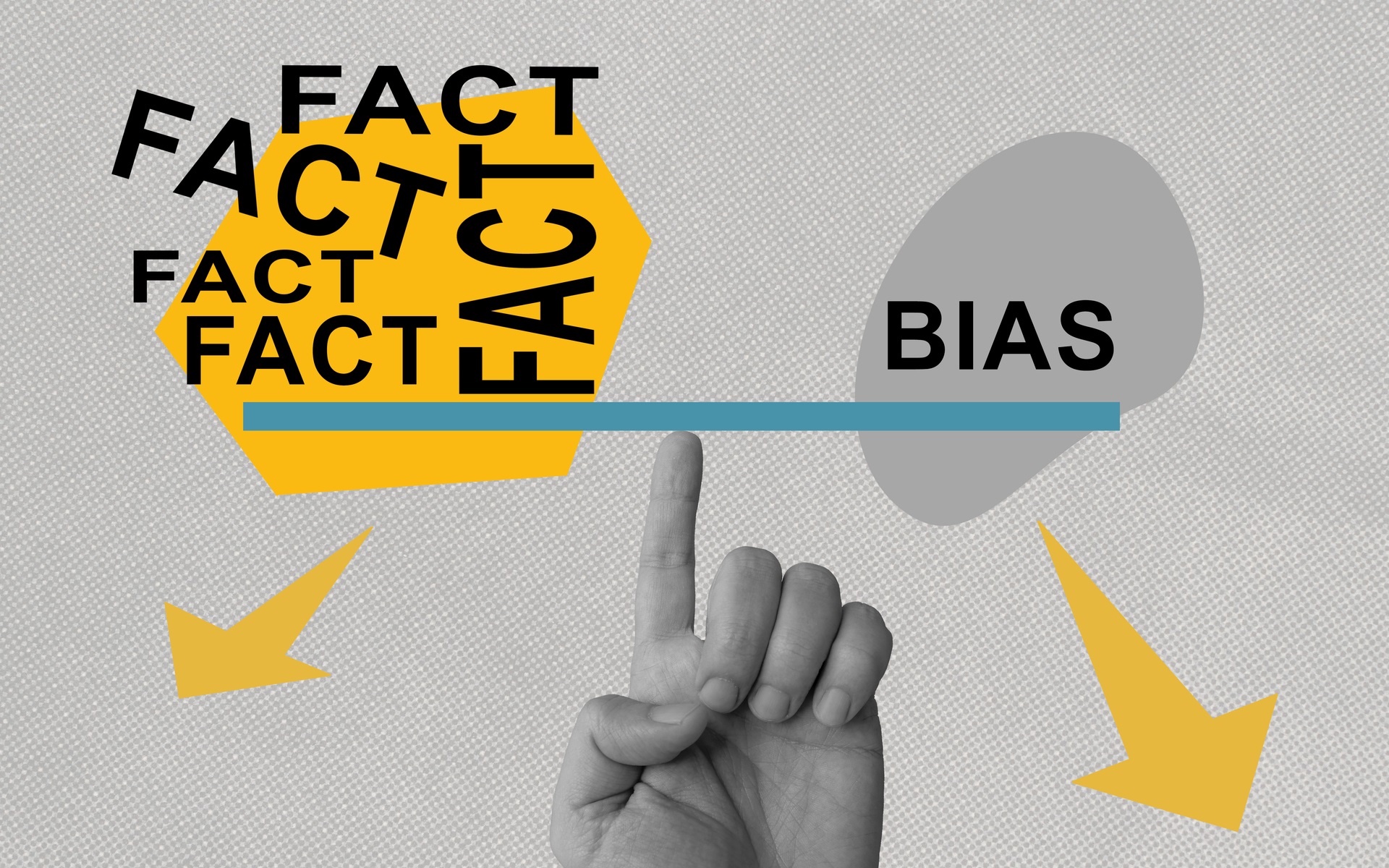Last December, labor unions in the city of Spokane threatened a “bar room brawl in the streets” if they didn’t get their way on collective bargaining transparency. On Friday, a Spokane judge rewarded them.
Nearly 80% of voters in the city of Spokane approved a charter amendment in 2019 requiring collective bargaining talks between the city and its unions over government employee compensation be transparent and open to the public. These contracts involve millions of dollars in taxpayer money – so it is not unusual that citizens would want transparency.
Spokane voters saw that collective bargaining transparency is common and routine. It is the norm in nearly half of the states. There are also several examples of collective bargaining transparency working at the local level in our state. These include Gig Harbor, Lincoln County, Kittitas County, Ferry County, Pullman School District, Kennewick School District; and even in Spokane County.
Explaining why the Pullman School District embraces collective bargaining transparency, the district’s finance manager Diane Hodge said, “We just think it’s fair for all of the members to know what’s being offered on both sides.”
Unions, however, have resisted. It is easier to make outrageous and unsustainable demands for salary and benefits if no one is watching.
Unions knew the reform would be popular with taxpayers. Several city bargaining unions raced to open negotiations for a new contract before the charter change went into effect in 2020. But when that tactic no longer worked, unions sued city taxpayers and threatened elected officials who pledged to enforce the law.
On Friday, Spokane Superior Court Judge Tony Hazel went a step further. He threw out the law entirely, taking barely 10 seconds to consider the oral arguments he just heard from both sides.
Judge Hazel issued his more than 20-minute ruling from the bench. It was bizarre and rambling – more of a political speech than a ruling on the facts and the law.
He incorrectly claimed state law required collective bargaining to be “exclusive” between the two parties. In fact, the “exclusive” requirement in state law refers to unions’ right to be certified as the only entity permitted to negotiate employment conditions on behalf of particular groups of public employees.
The judge incorrectly claimed the charter provision did not include a severance clause. It does.
Judge Hazel said “transparency in local government is exceptionally important,” but then claimed “there's also the reality of human nature.”
The judge also seemed to be unaware of higher state court rulings on the issue.
After Lincoln County passed its open negotiations resolution, the Public Employment Relations Commission rejected unions’ complaint alleging the resolution was an “unfair labor practice.” Soon after, Lincoln County successfully conducted its first collective bargaining negotiation with doors wide open.
Union negotiators demanded Lincoln County commissioners close the next negotiating session. The commissioners refused, so the union walked out. PERC then issued a head scratching nondecision, declaring both the county and the union committed unfair labor practices by refusing to bargain. The court of appeals left the ruling in place.
But nothing that the higher courts said prevented the charter change approved by Spokane voters.
Judge Hazel claimed Friday he had given “a judicious reading, an objective reading” to the Spokane transparency law. Based on his comments, however, it is clear he did not.
Instead of ruling on the facts and the case, Judge Hazel got political and claimed the charter amendment approved by voters was just “an antagonistic tactic… that’s just, honestly.”
It’s interesting that Judge Hazel thinks that – but his opinion about the merits of collective bargaining transparency as a policy is not relevant. And the inclusion of that comment in his ruling is disturbing.
The city of Spokane must appeal this ruling on behalf of its citizens. Transparency is not a bad thing; in fact, it is a crucial component of a functioning government. Transparency is not “antagonistic” - no matter what one judge says.






